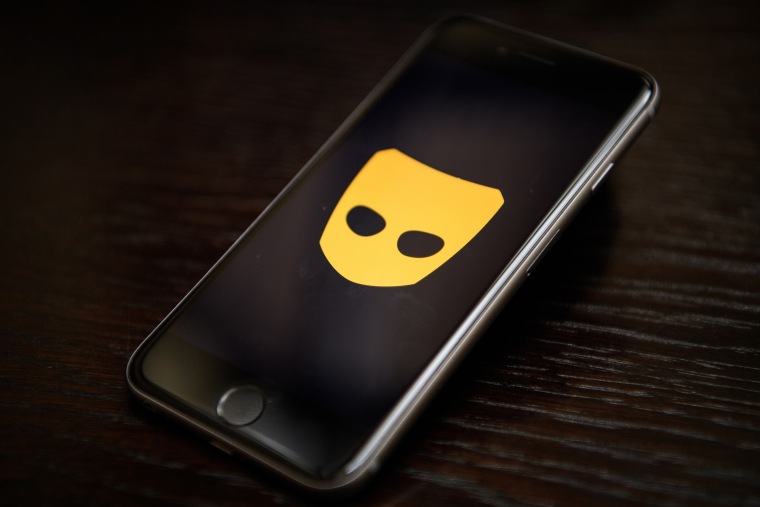The social media company Grindr launched a new initiative this week to combat different forms of discrimination experienced by users of its popular gay dating app, which boasts 3.8 million users daily.
Titled “Kindr,” the new initiative will tackle issues such as sexual racism, transphobia, and fat shaming through a combination of new community guidelines, stricter enforcement policies and a series of awareness-raising videos. The first video of the series was published Tuesday and has nearly 100,000 views.
"Online discrimination has reached epidemic proportions affecting not only Grindr but other social networks,” Landen Zumwalt, head of communications at Grindr, said in a statement. “Our 'Kindr' initiative is a rallying call for Grindr and our community to take a stand against sexual racism and all forms of othering.”
Reaction to the campaign has been divided, with many on social media praising Grindr for taking a stand on the issue of discrimination and online bullying, while others have questioned whether the new effort will be effective.
Kelvin LaGarde of Columbus, Ohio, said he has experienced racial discrimination on Grindr and other dating apps. He praised Grindr for taking on the issue and giving it "a platform to be discussed and be dissected." However, he lamented, “I don’t feel like it’s going to change anything,”
LaGarde said for real change to happen, a broader cultural shift will have to take place within the LGBTQ community first. “The serious work that needs to be done has to be taken on by the various different communities across the nation," he explained.
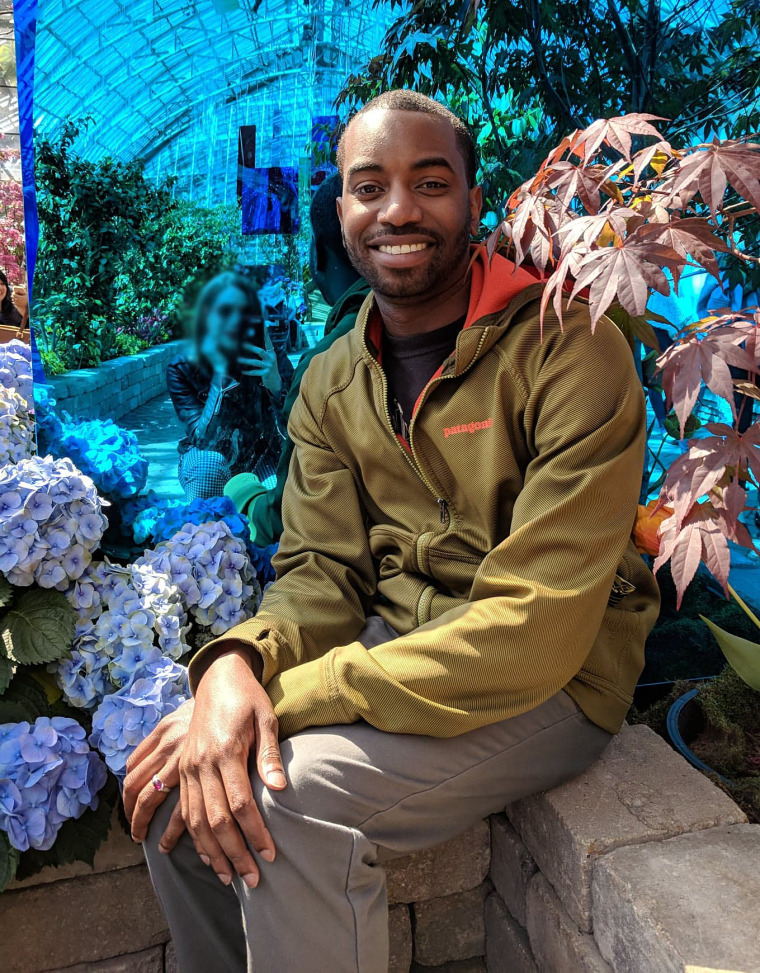
Steven Herevia of Spokane, Washington, was also skeptical about how effective the new campaign would be, and noted he recently stopped using Grindr because of the discrimination he was experiencing while using the app.
“Where I live the way that people use Grindr, the way that they interact with it, it will take a long time for the kindness to actually seep in,” he said. “I think the part that I keep coming back to is I know what I’ve experienced in my own community, and nobody is here to play nice. They’re here just to have sex.”
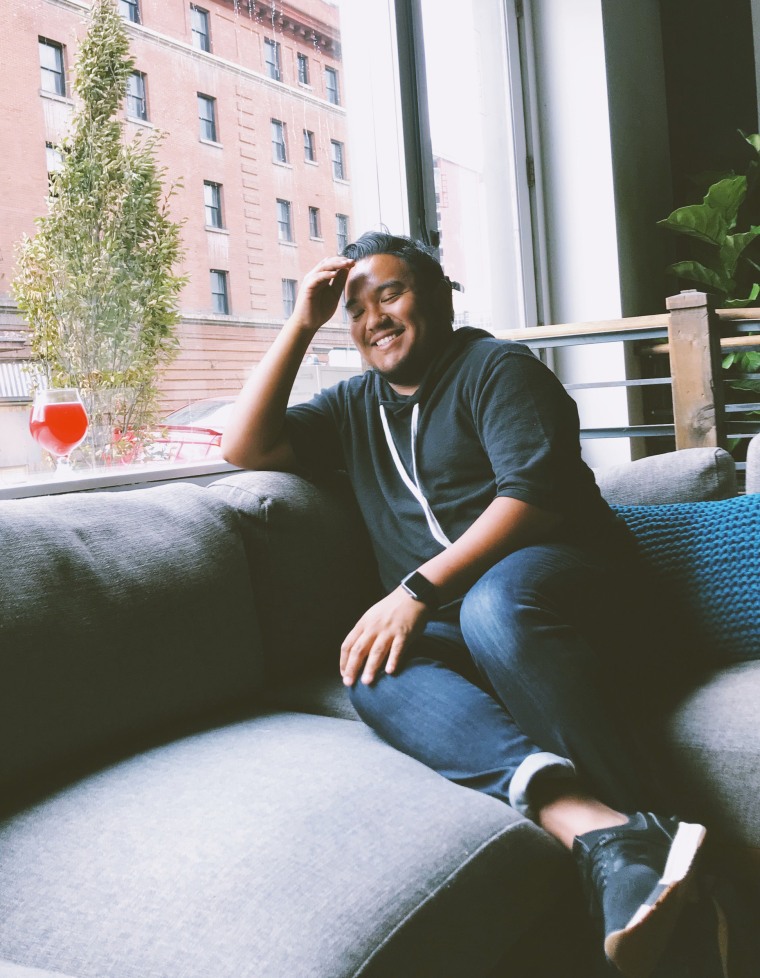
Herevia, who is Mexican and Californian Indian, said he often felt marginalized while using Grindr when other users would make degrading comments toward him because of his ethnicity.
“I think [the campaign] is a good shot; it’s a good try, because somebody was thinking through it,” Herevia said. “The cynical part of me is saying that we’re not actually teaching people anything.”
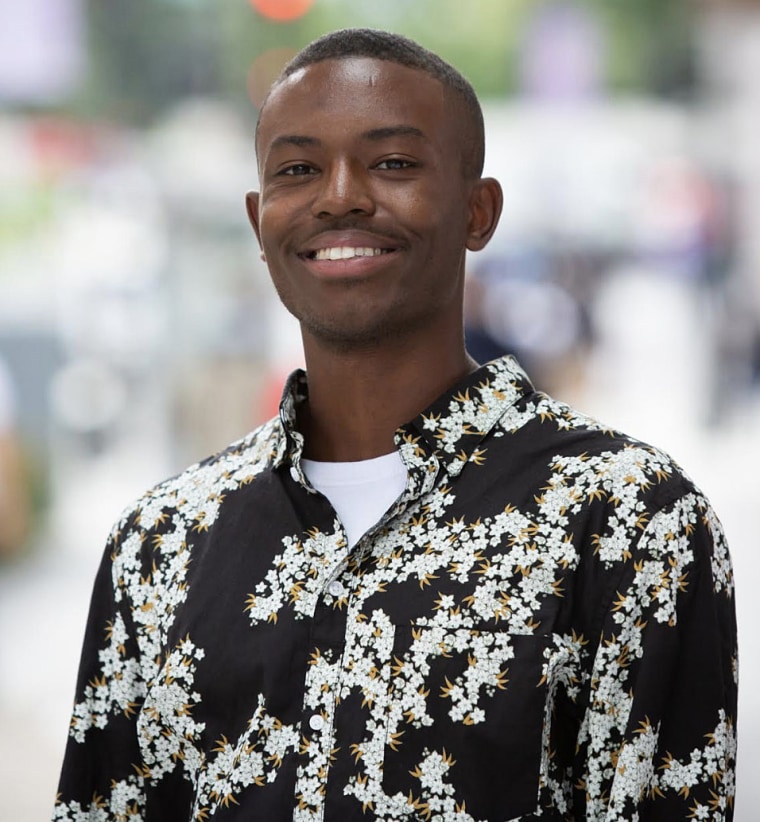
Ishmael Bishop of Washington, D.C., was more hopeful about the launch of “Kindr,” and he pointed to the stricter community guidelines as a concrete change that the app is making.
“Any thoughtful attempt to address racism in the community is good, it’s a good attempt forward,” Bishop said.
Per the new community guidelines, Grindr will have a zero tolerance for discrimination, harassment and abusive behavior on the app, and “anyone found bullying, threatening, or defaming another user will be banned.” Notably, any “profile language that is used to openly discriminate against other users' traits and characteristics will not be tolerated and will be subject to review” by Grindr’s moderation team.
In the past, phrases such as “No fats, no femmes, no Asians” could be found on user profiles of the app.
Bishop anticipates there will be some pushback to the stricter community guidelines, but likens the guidelines to a bartender at a bar, who has the ability to ask a patron to leave if they are creating a hostile environment.
“[If ] someone is coming into the bar and being transphobic towards people, bartenders can be like, ‘Hey person, you got to leave, you can’t be here. We don’t stand for that,’” Bishop said.
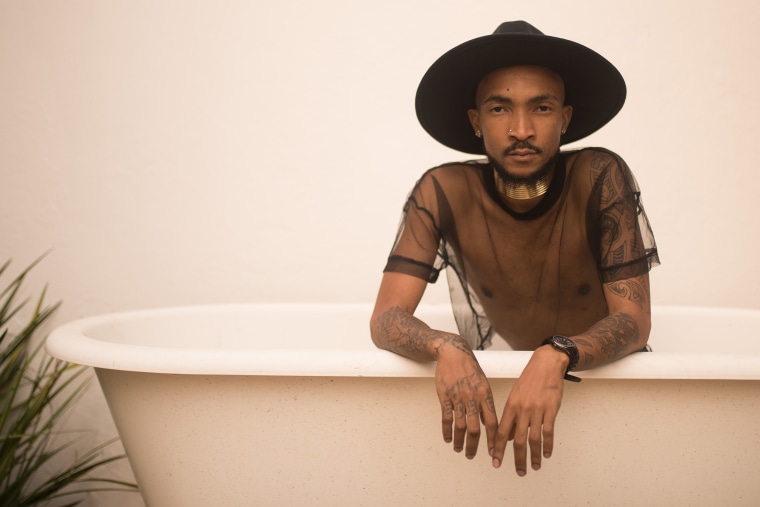
Phumlani Kango of Johannesburg was excited to hear about Grindr’s “Kindr” initiative, and noted that from his own experience of living in South Africa, the app has been crucial in helping connect him with other LGBTQ individuals — especially after growing up in the Eastern Cape of the country, which he said can be quite homophobic.
“At the end of the day, Grindr is a platform that allows us to engage with other LGBTI people,” Kango said, adding the "I" to the acronym for "intersex."
He said Grindr is an example of a company with a global reach that can address the discriminatory problems and issues facing the LGBTQ community, problems that are similar across countries.
“What happens in Los Angeles … where you have 'no fats, no femmes,' it happens [in South Africa] as well … where they will say 'no rice, no chocolate, no curry' — which means no Asian, no black and no Indian,” Kango explained.
Such exclusionary language has long been a problem for users of apps like Grindr, and the launch of “Kindr” comes just two months after a California man threatened the social media company with a class-action lawsuit for what he described as "sexual racism" resulting from the company previously allowing such language to be posted.
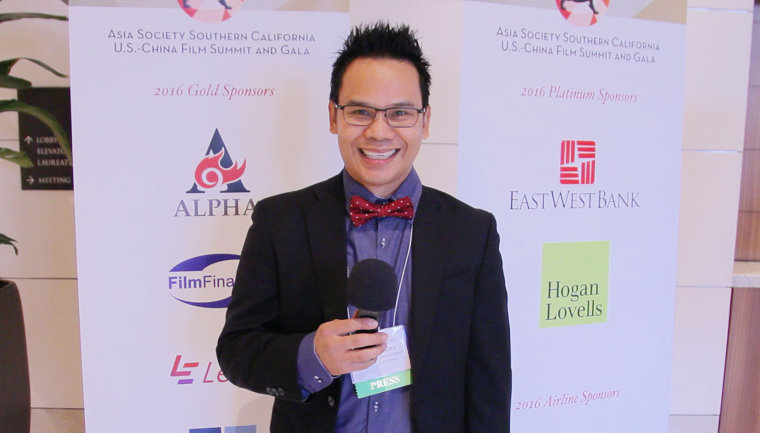
Sinakhone Keodara, who threatened the suit, said he was waiting to see if “Kindr” addressed his concerns before deciding whether to pursue a lawsuit.
“I cried reading their tagline ‘Kindness is our preference,’” Sinakhone Keodara said of first hearing about the “Kindr” campaign. “But, I was also deflated they stopped short of saying they will ban users who used offensive statements in their profiles. They only said they will remove the statements.”
While "bullying, threatening, or defaming" another user can get someone banned, according to the new community guidelines, discriminatory language will be "removed" and is "subject to review" — it's not clear whether discriminatory language could eventually get someone banned.
For Phumlani Kango of Johannesburg, he hopes Grindr’s new campaign will help continue a broader discussion about race and discrimination amongs the broader LGBTQ community.
“I was happy that [Grindr] is actually addressing this, but at the same time, it means that as gay people we also have to have a conversation with ourselves,” Kango said. “Grindr is just starting the conversation for us, because this is a conversation we need to have in the LGBTI community because there is a lot of division.”
